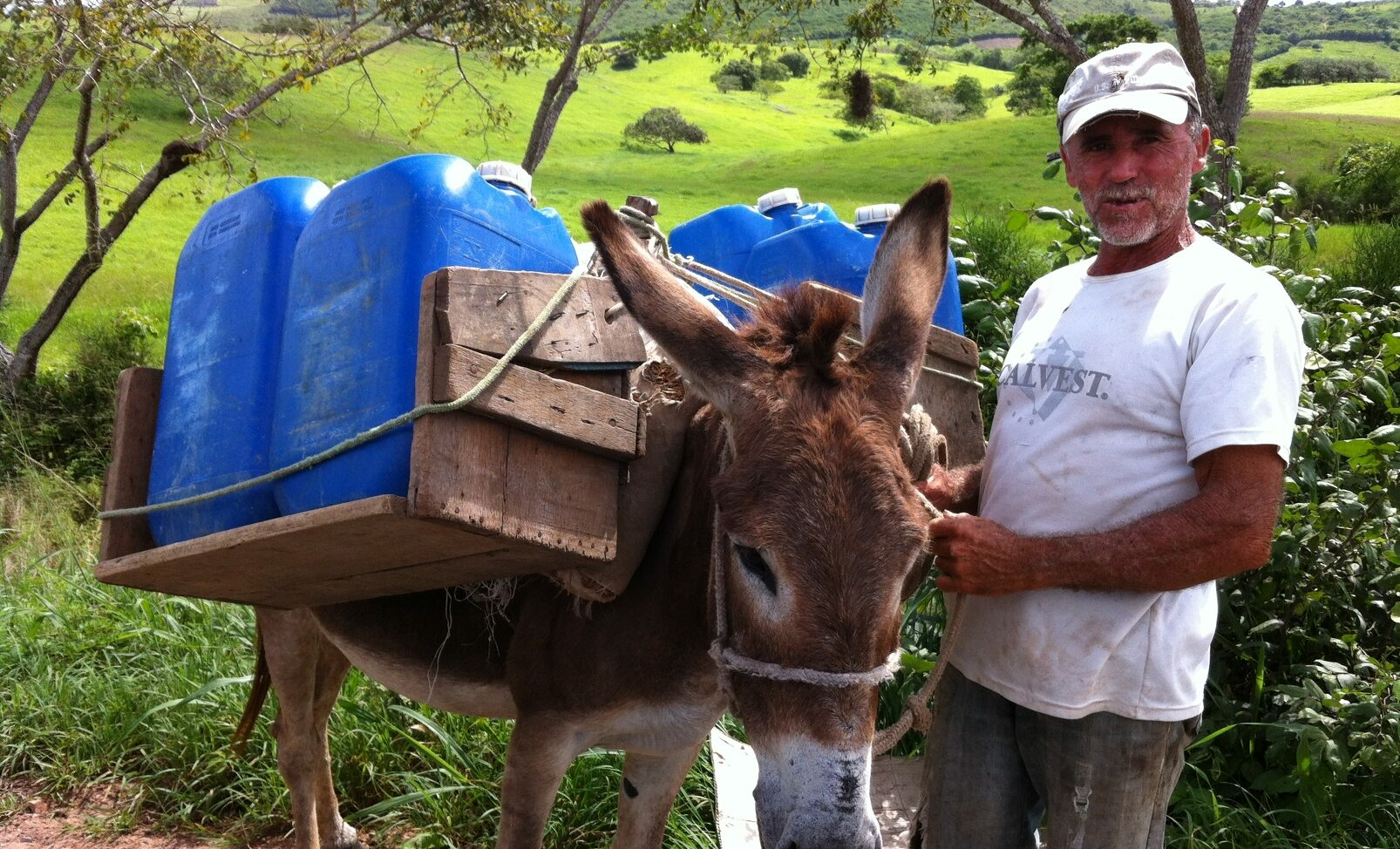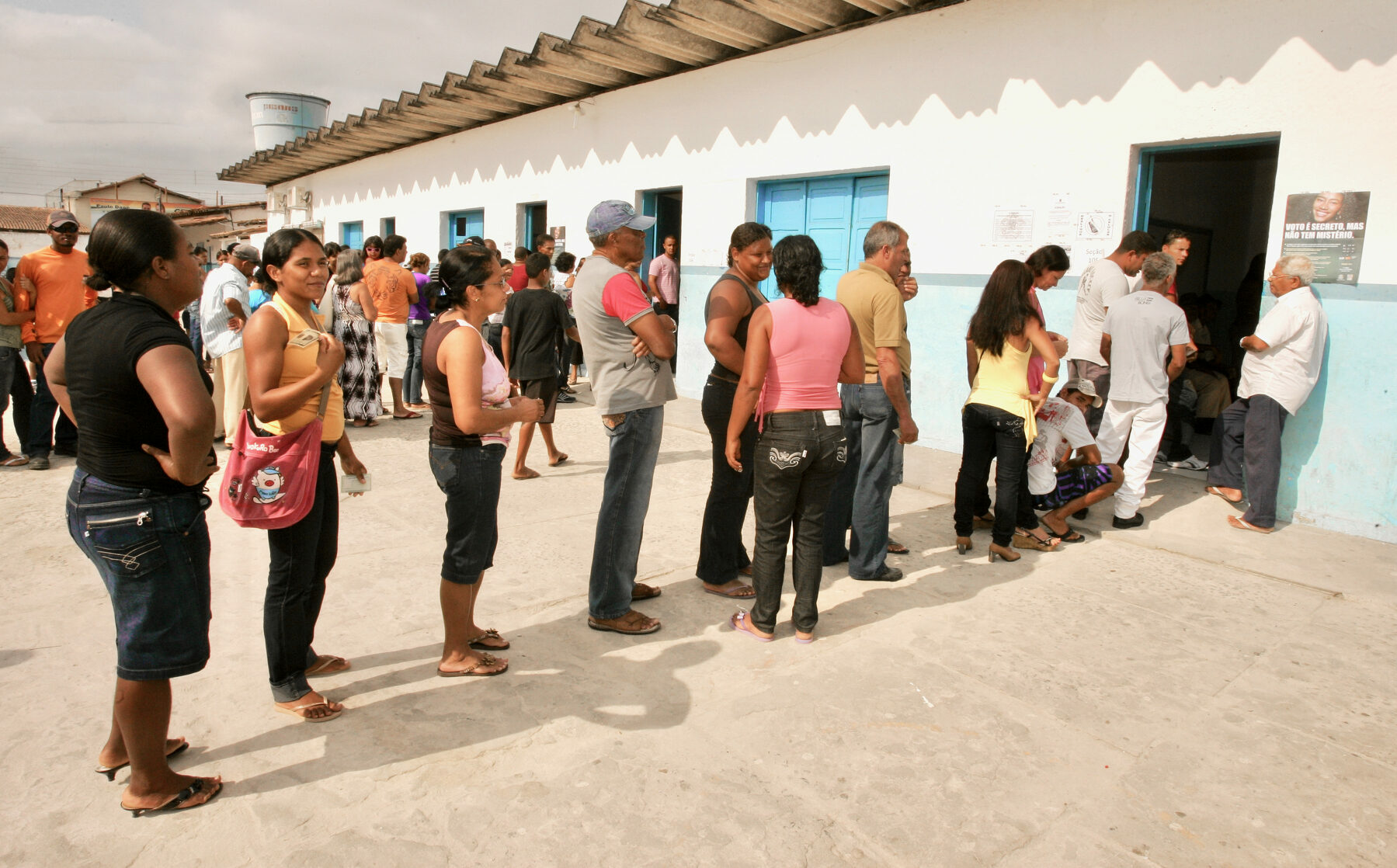
In drought-prone Northeast Brazil, cisterns expand rainwater access and audits reduce votes for corrupt incumbents. Research shows they can both curb clientelism.
With funding from the Spanish Agency for International Development Cooperation (AECID), Articulação Semiárido (ASA), Semi-Arid Articulation Brazil, set the ambitious goal of building one million cisterns in Brazil’s Northeast. Early in the endeavour, FOS Co-Director Gustavo Bobonis joined a research team that investigated the impact of the cisterns on local politics.
The 28 million people who inhabit the mostly rural area of Northeastern Brazil have disproportionately low incomes compared to the rest of the country. One source of their economic vulnerability is the recurring droughts prevalent in the region. That economic vulnerability makes them prone to clientelism, a form of political corruption that amounts to citizens ensuring their access to resources and infrastructure in exchange for their public support of local politicians.
The research partners sought to understand how access to rainwater storage might alleviate economic vulnerability. More specifically, how would a citizen’s ability to manage drought risk influence municipal politics? In an initial study, providing cisterns (reducing household vulnerability) led to fewer requests for private goods as personal favours and a drop in incumbent mayors’ vote share.
“Our results suggest that economic vulnerability contributes to clientelism because citizens do not have adequate resources or insurance to protect against risk. Clientelism often helps vulnerable citizens cope with uncertainty and adversity, but even if vulnerabilities are reduced, clientelism may continue. Policies and practices are needed to adequately protect citizens from shocks like droughts, illness, and unemployment.”
– Gustavo Bobonis, Professor of Economics, University of Toronto
Following their initial study, the research team revisited the approximately 1300 participants from the original randomized control trial (RCT). Together with the Brazilian Ministry of Integration and Regional Development and AECID, the team found that anti-corruption audits curb clientelism by lowering voters’ willingness to vote for corrupt candidates.
These findings make a simple but important case: reducing household and political vulnerabilities can deliver measurable democratic gains.
Partnership Leads
-
Paul Gertler
University of California, Berkeley
-
Marco Gonzalez-Navarro
University of California, Berkeley



